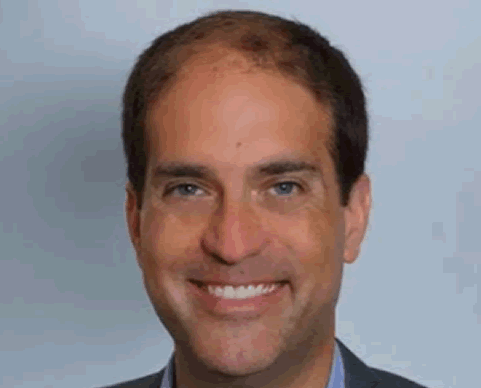Professor Ben-Zeev advocates use of mobile apps to treat mental patients

Professor Dror Ben-Zeev, Professor of Psychiatry and Behavioral Sciences at University of Washington, has called for the use of mobile apps to assess and treat patients with severe mental illness.
“Mobile technologies like smart phones can provide resources that people with mental health conditions can use, out of their environment,” Prof Ben-Zeev said.
He said this implied leveraging texting between community based health care workers and patients in the field; to manage their symptoms through mobile app development that provides questions and based on their responses delivers certain treatment and interventions.
Prof Ben-Zeev made these remarks in his presentation at the Third Public Lecture of the Ghana Psychological Association in Accra.
The lecture on the theme: “Technology and Mental Health Care; Providing Social Interventions to Communities”, was attended by psychologists, academics and health professionals.
Prof Ben-Zeev is a licensed Clinical Psychologist who specializes in development and evaluation of technology-based approaches in the study, assessment, treatment, and prevention of mental illness.
He said the interventions were in the form of written content, audio or video, all the way through looking at censors that tries to identify the behavioral signals that a patient was doing well or not; thereby intervening and helping in time.
He said the most basic form was using text messages to ask mental patients how they were feeling and remind them to take their medication.
He said based on their research, one of their research participants benefitted and experienced reduction in their symptoms including severe symptoms like depression; adding that “they report being satisfied with these interventions at the end of a month or three months and in some cases up to six of mobile health interventions”.
Prof Ben-Zeev said among the challenges of using mobile health technologies was where people might think others with serious mental illnesses would not be interested in engaging themselves.
“I became involved using mobile technologies about 10-15 years ago as a graduate student asking questions and over time it evolved into interventions and treatments and what happened along the way was global penetration of mobile phones which facilitated my work,” he said.
He said over the last years they have been developing software applications and range of treatments that are usually aimed at people with severe and persistent mental health conditions.
Dr Charles Wiafe Akenten-Brenya, Lecturer, Department of Psychology, University of Ghana, speaking on the topic: “Social Psychological Research in Ghana; What the Public needs to Know”, said research involved lots of money and time; stating that without the two factors one could not engage in any meaningful research.
Speaking in an interview with the Ghana News Agency on the side line of the public lecture, Dr Akenten-Brenya said it is important for the state to pay more attention to the allocation of funds to universities and research institutions, to carry out research that would be beneficial to society.
He said Social Research/Psychological Research consisted of studies carried out by Social Psychologists by means of the scientific methods.
He said the research had implications for social behaviour, social interaction, policy formulation and interventions.
He said Psychology itself was not well known by most Ghanaians and those who had an idea about it had the perception it was all about psychological problems, however, with time clinical psychology had been able to penetrate but social was not as prominent as that.
He said the idea behind the lecture was to reach out to the masses through the media for them to know that psychology dealt with almost everything about human behaviour.
Source: GNA
